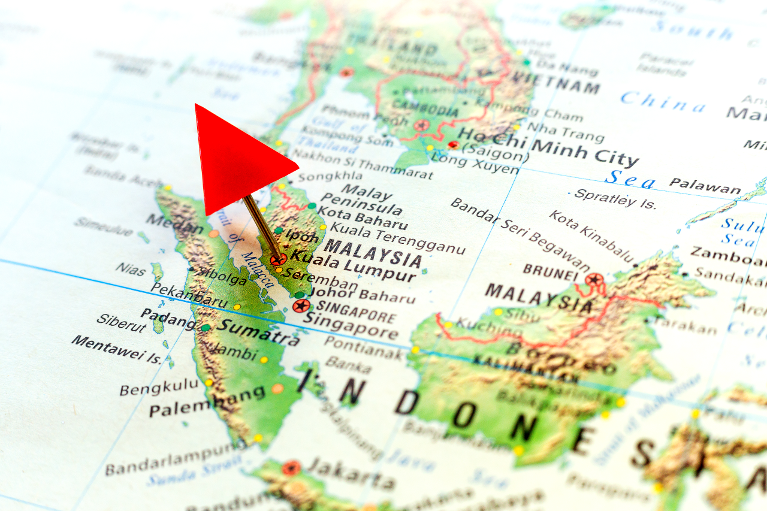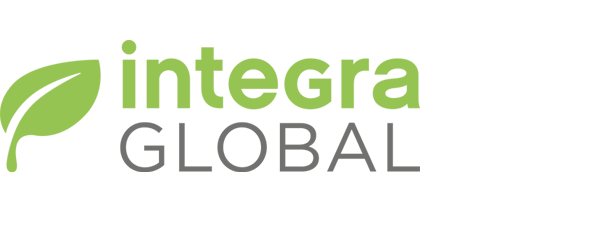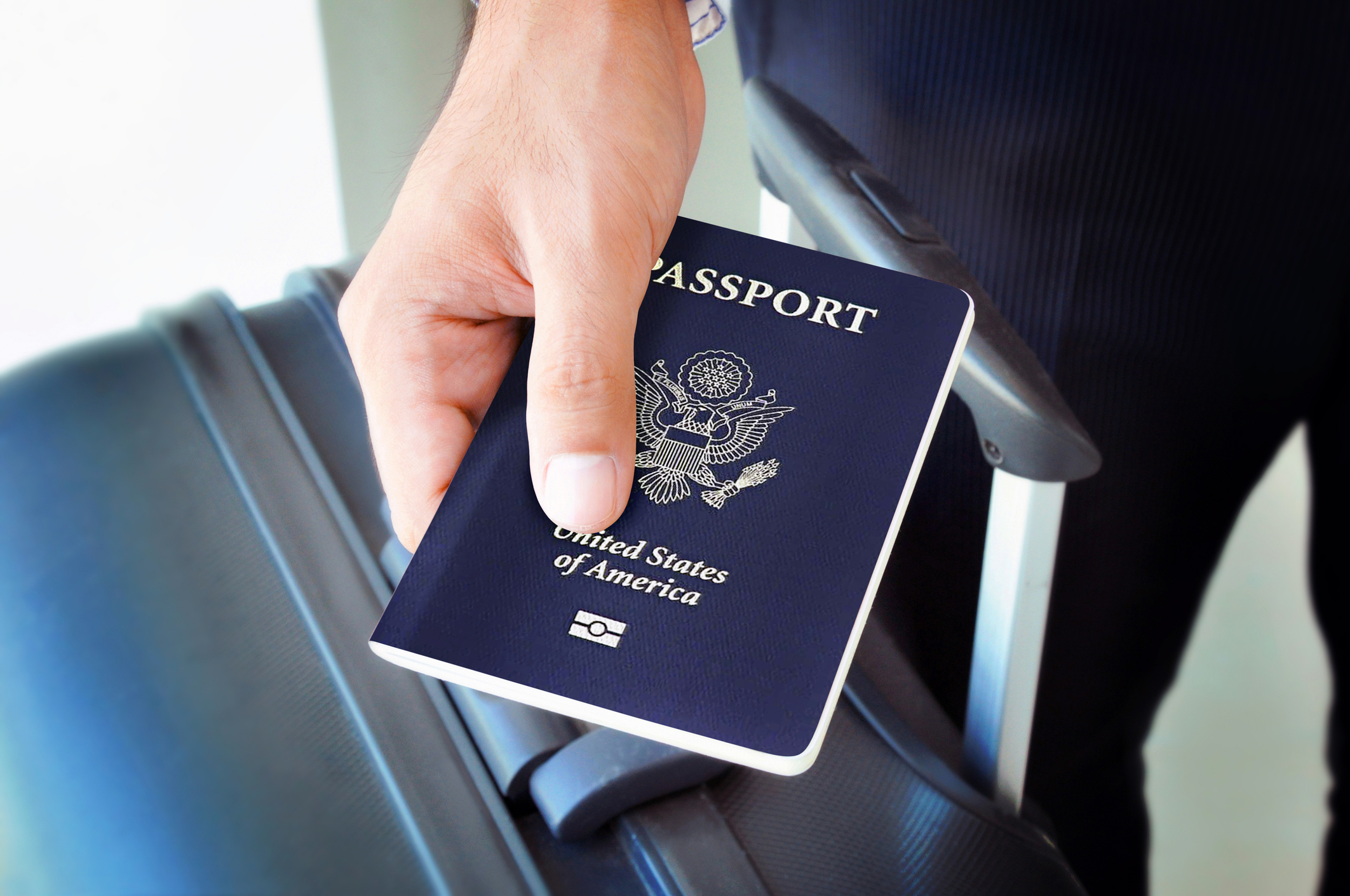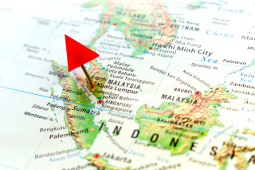Healthcare in Malaysia

Healthcare in Malaysia
Bahrain
Population: 30 million
Life expectancy: 71.5 (male)
77.2 (women)
Hospital beds: 1.8 beds
for every 1,000 people
Doctors: 1.2 doctors for every 1,000 people
Malaysia has a very high standard of healthcare, providing one of the best medical services in Asia. In fact, over the last decade the Malaysian government has been investing a lot of money in improving access and the quality of healthcare for all citizens.
Malaysia provides universal access to all residents and is divided into the government-run public sector and a
private healthcare system. Healthcare standards are very high in both, with well equipped modern facilities and
highly trained physicians that mainly speak English. However, a shortage of doctors in the public system has led
to long waiting times, causing the large majority of expats to opt for private care.
Malaysia’s thriving
healthcare sector has led to an increase in medical tourism over the last few years, with patients from
neighbouring countries attracted by the short travel times, the wide range of services, reasonable costs, and
cultural compatibility in terms of religion, language and food.
All foreign workers in Malaysia must buy a
basic health insurance plan which covers them for a fixed amount of treatment in state hospitals each year. Most
of Malaysia's doctors in private hospitals expect immediate payment for services, with many requiring cash
deposits or evidence of appropriate insurance.
Bear in mind
For expats looking to
live and work in Malaysia, there are some things to bear in mind. Firstly, like anywhere, there are several
health risks to consider. The CDC indicates that you can contract hepatitis A through the food or water in
Malaysia, independent of where you stay or what you eat. In addition, it’s also recommended that you get a
hepatitis B vaccine if you might have sex with a new partner, if you are planning on getting a tattoo or
piercing, or are undergoing medical treatment in Malaysia.
The country is also susceptible to natural
disasters; primarily flooding which causes significant losses every year during the monsoon season
(April-October). Landslides due to heavy rain and deforestation are also a problem, particularly in the north
east of the country. During the months of June-October there are high levels of air pollution in Malaysia. Kuala
Lumpur has the worst air quality in Malaysia due to vehicle and industrial emissions.
Before you
go
Before moving to Malaysia, proof of a yellow fever vaccination is required for foreigners
over 1 year of age who are travelling from countries with a high risk of yellow fever transmission, or for
travellers who have spent over 12 hours of transit in an airport of a high risk country.
You should also
see your doctor six to eight weeks before your departure date, to ensure you’re up to date with routine
vaccinations, including:
measles-mumps-rubella (MMR)
diphtheria-tetanus-pertussis
varicella
(chickenpox)
polio
Additional vaccinations and medicines may be necessary depending on the duration of
your stay, what you will be doing, and which country you are coming from.
Dental and medicine
Once
you’ve made your move, you’ll be pleased to hear that accessing dental care and medicine is quite
straightforward. Dental care standards are high in Malaysia and, due to the comparably cheap prices, many
foreigners opt for low cost dental treatment in Malaysia. There is currently no health insurance in place with
regards to dental care. However, under the public system, dental care is largely subsidised by the government and
some groups are exempt from paying any costs at all, including children, civil servants and economically
disadvantaged people.
In addition, pharmacies are of a high standard, readily available and accessible for
all the general public – including expats – in Malaysia. With a letter from your doctor, you can buy most
prescribed medicines from a Malaysian pharmacist. Do bear in mind that restrictions do exist and you can’t
purchase more than a three months supply at one time.





